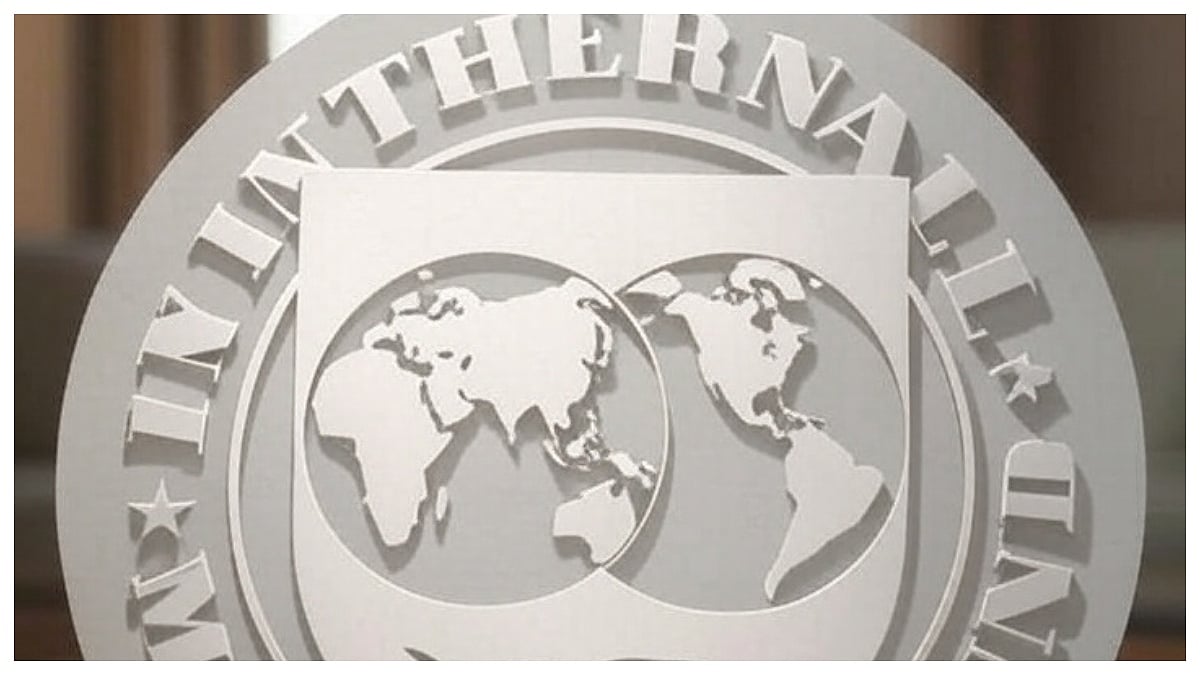The International Monetary Fund (IMF) has added 11 new conditions for Pakistan to follow in order to receive the next part of its bailout package. | Image by Grok |
Islamabad: The International Monetary Fund (IMF) has added 11 new conditions for Pakistan to follow in order to receive the next part of its bailout package. These conditions are part of a larger deal with a total of 50 rules that Pakistan must meet. A recent report by The Express Tribune shared this news, based on an IMF document released on Saturday.
One of the biggest new conditions is that Pakistan’s Parliament must approve a federal budget of Rs 17.6 trillion. This budget includes Rs 1.07 trillion for development projects and shows a sharp increase in defence spending. The IMF noted that the defence budget has been raised by Rs 252 billion to Rs 2.414 trillion — a 12 per cent rise. However, the Pakistani government is reportedly planning to spend even more — over Rs 2.5 trillion — mainly due to recent tensions with India.
The IMF is also worried about the growing tension between India and Pakistan. It warned that if the situation worsens, it could hurt Pakistan’s economy and the goals of the IMF programme. These tensions flared up after a terror attack in Pahalgam, India, on April 22, which killed 26 people. In response, India carried out air strikes on May 7 under ‘Operation Sindoor’, targeting terror camps in Pakistan. Pakistan responded with attempted attacks on Indian military bases on May 8, 9, and 10. Both sides agreed to stop the conflict on May 10.
Among the other new IMF conditions are changes in the energy sector. The government must raise electricity prices by removing a cap on the debt servicing surcharge. This move may increase bills for honest consumers who already pay on time. The government is also required to adjust gas prices twice a year to cover costs.
The IMF also wants Pakistan’s Parliament to pass a law making the current surcharge on power used by industries permanent. This is meant to push industries to stop using their own power sources and instead rely on the national grid.
In addition, the provinces must start taxing agricultural income under new laws. They must also set up systems for collecting taxes, registering taxpayers, and spreading awareness. All of this must be done by June this year.
Another condition is that the government must publish a plan based on IMF recommendations to fix issues in governance and improve financial policies after 2027. A report must also be created by the end of 2025 to remove tax breaks for technology zones and industrial parks by 2035.
Finally, there’s one consumer-friendly change. Pakistan must allow the import of used cars that are up to five years old — currently only those under three years are allowed. The needed laws for this must be presented in Parliament by July.
These steps are all part of Pakistan’s efforts to stay in line with IMF requirements and avoid further financial trouble.
(With PTI Inputs)
